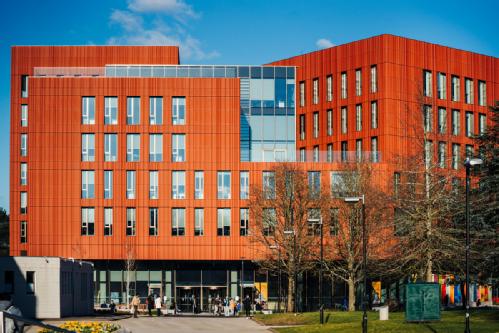History Department Events Calendar

CHM Work in Progress Meeting: Laura Kelly, "The Women's Right to Choose Group, pro-choice activism and crisis pregnancy counselling in early 1980s Dublin"
In person, with lunch. Please sign up here
In 2015 and 2018, two historic referendums were held in the Republic of Ireland. The first, on marriage equality, and the second to repeal the eighth amendment of the Irish constitution and thus legalise abortion in the country. Both referendums passed with clear majorities in favour, signally to many across the world, that the country was moving away from the influence of Catholic teachings which had profoundly affected legal and medical structures in relation to sexual and reproductive rights since Irish independence from Britain in 1922. Looking at the press coverage of these referendums, which focused on the younger generations of campaigners, it would be easy to forget the decades of resilience of campaigners who had gone before them. Similarly, recent historiography, with some notable exceptions, has tended to focus on the work of campaign groups of the 2010s.
One group which has received scant scholarly attention is the pro-choice Women’s Right to Choose Group (WRTCG), established in Dublin in 1980. In the three years of its existence, group members focused their campaign on two key elements: the Irish Pregnancy Counselling Service, which provided counselling to women facing crisis pregnancies and referred those who required abortions to service providers in Britain. The other element of their work was a direct-action campaign to bring attention to the issue and help to reduce stigma and silences. Ultimately, the organisation wound up in 1983 with the defeat of the Anti-Amendment campaign and the introduction of the eighth amendment in Ireland by popular vote.
Using oral history interviews with ten of the original members of the WRTCG, in addition to a range of archival sources and print publications, this paper explores the personal experiences and efforts of the female activists involved, the meaning of and challenges of pro-choice work in the context of 1980s Ireland, and activists’ feelings regarding the legacy of their work. Finally, this paper will address the transnational elements of Irish pro-choice activism.
